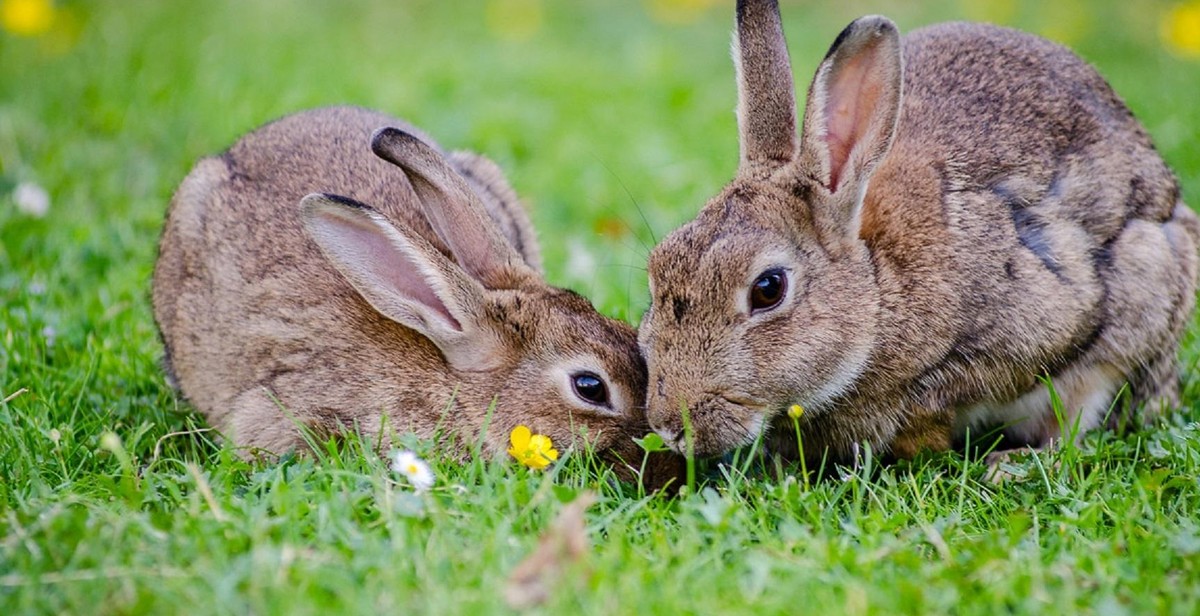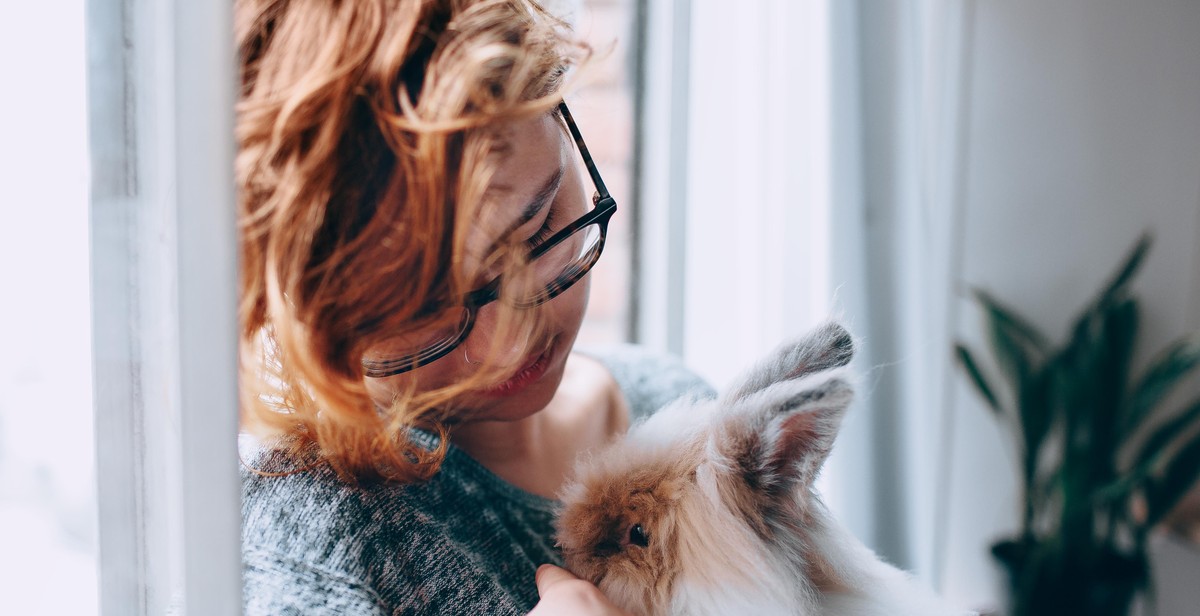Introduction: How to Care for a Pet Rabbit
Rabbits are adorable, cuddly, and make great pets. However, owning a pet rabbit is a big responsibility that requires proper care and attention. Rabbits need more than just a cage and food to thrive. As a pet owner, it is your responsibility to provide your furry friend with a safe and comfortable environment, proper nutrition, and regular veterinary care.
Why caring for a pet rabbit is important
Caring for a pet rabbit is important for several reasons. Firstly, rabbits are social animals that require daily interaction and attention. Neglecting your rabbit’s social needs can lead to behavioral issues, such as aggression and depression. Secondly, rabbits have specific dietary requirements that must be met to maintain their health and prevent digestive problems. Finally, rabbits are prone to certain health issues, such as dental problems and gastrointestinal stasis, which require immediate medical attention.
By providing your pet rabbit with proper care and attention, you can ensure that they live a happy and healthy life. In this article, we will discuss the basic needs and care guidelines for pet rabbits, including housing, nutrition, grooming, and health care.

Basic Needs of a Pet Rabbit
As a pet owner, it is important to understand the basic needs of your pet rabbit. Proper care and attention will ensure that your rabbit stays healthy and happy. Here are the four basic needs of a pet rabbit:
Housing and Bedding
Rabbits need a comfortable and safe place to live. A rabbit hutch or cage should be spacious enough for your rabbit to move around in and stand up on their hind legs. The hutch or cage should also be well-ventilated and have a solid floor to prevent injuries to their feet.
Rabbits also need a comfortable place to sleep. Provide them with soft and clean bedding, such as hay, straw, or shredded paper. Avoid using cedar or pine shavings as they can be harmful to rabbits.
Feeding and Watering
Rabbits require a balanced and nutritious diet to stay healthy. Their diet should consist of hay, fresh vegetables, and a small amount of pellets. Hay should make up the majority of their diet as it aids in digestion and helps keep their teeth healthy. Fresh vegetables should be given daily, and pellets should be given in moderation.
Water is also essential for your rabbit’s health. Provide them with fresh and clean water at all times. Use a water bottle or dish that is specifically designed for rabbits to prevent spills and contamination.
Grooming
Grooming is important for your rabbit’s health and wellbeing. Regular grooming will prevent matting, hairballs, and other health issues. Brush your rabbit’s fur at least once a week to remove loose hair and prevent hairballs. Check your rabbit’s nails regularly and trim them if they become too long. Also, check their ears and teeth to ensure that they are healthy.
Exercise and Playtime
Rabbits are active animals and require plenty of exercise and playtime. Provide your rabbit with a safe and secure area to play and exercise. You can create a playpen or use a rabbit-proofed room in your home. Encourage your rabbit to exercise by providing them with toys and objects to play with, such as cardboard boxes, tunnels, and chew toys.
Overall, caring for a pet rabbit requires attention and dedication. By understanding their basic needs and providing them with proper care, you can ensure that your rabbit lives a happy and healthy life.

Rabbit Care Guidelines
Proper rabbit care involves meeting their basic needs, ensuring their health is maintained, and providing them with a comfortable living environment. Here are some guidelines to follow:
Annual Check-Ups with a Veterinarian
Just like any other pet, rabbits require annual check-ups with a veterinarian to ensure they are healthy and up to date on their vaccinations. This is also an opportunity to discuss any concerns or questions you may have regarding your rabbit’s health.
Litter Box Training
Rabbits are naturally clean animals and can be trained to use a litter box. Provide your rabbit with a litter box filled with hay or paper-based litter. Place it in a corner of their living area and encourage your rabbit to use it by placing some of their droppings in the box.
Socialization and Companionship
Rabbits are social animals and thrive on companionship. It’s important to spend time with your rabbit daily and provide them with opportunities to interact with other rabbits or pets if possible.
Common Health Issues and How to Prevent Them
Some common health issues in rabbits include dental problems, gastrointestinal stasis, and respiratory infections. To prevent these issues, ensure your rabbit has a balanced diet, plenty of hay, and access to fresh water at all times. Keep their living area clean and well-ventilated, and monitor their behavior and appetite for any changes that may indicate an issue.
| Issue | Prevention |
|---|---|
| Dental problems | Provide a balanced diet and plenty of hay |
| Gastrointestinal stasis | Provide a balanced diet and plenty of exercise |
| Respiratory infections | Keep living area clean and well-ventilated |
